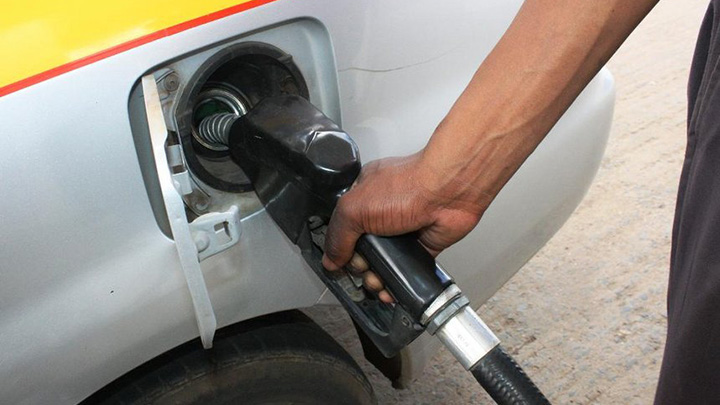Pump relief is set to linger longer for Kenyans following a new agreement with three State-owned Gulf oil firms to slash fuel prices by up to 14 per cent per tonne, extending the government-to-government deal through 2027.
Under the revised terms, a tonne of diesel will now cost $78 (approximately Sh10,080.72), down from $88 (approximately Sh11,373), representing an 11.3 per cent drop.
Petrol prices will fall to $84 (Sh10,856) per tonne from $90 (approximately Sh11,631), while jet fuel will drop sharply to $75 (approximately Sh9,693) from the current $111.75 (approximately Sh14,442).
According to the document detailing the negotiations, “The 10Cs (international oil companies) agreed to GoK's request for review of the freight and premium (F&P) considering the long-term relationship. This would help Kenya become more competitive and hence the preferred route of importation for the region.”
The same document confirmed that “The suppliers provided the proposed revised F&P which is lower by $10 (approximately Sh1,292.41) per tonne, $14.75 (approximately Sh1,906.31) per tonne, and $6 (approximately Sh775.44) per tonne of diesel, jet A-1 and super petrol.”
Read More
This price review is expected to translate to further reductions at the pump, extending a trend that saw Nairobi residents paying Sh167.06 per litre of diesel and Sh176.58 per litre of petrol in April—markedly lower than the Sh190.38 and Sh199.15, respectively, recorded in March last year.
The extended deal secures Kenya’s diesel imports from Saudi Aramco, Abu Dhabi National Oil Company, and Emirates National Oil Company until December 2027, while petrol and jet fuel supplies will continue until March and February of the following year, respectively.
The revised freight and premium rates come as global crude prices continue to drop, a development Kenya has capitalised on by pushing for lower premiums to shield consumers from cost surges.
The country had formally requested a price revision from the Gulf suppliers during the renegotiation phase of the extended import deal.
The government has also gained leverage from a recovering shilling, now trading at 129.24 against the dollar, further enhancing the prospects of lower fuel prices.
Premiums and exchange rates are the dominant factors in monthly pricing adjustments announced by the energy regulator every 14th day.
Kenya originally sealed the government-to-government agreement in March 2023, abandoning its open tender system in favour of a framework that addressed dollar shortages caused by currency hoarding and capital flight risks.
Under the current structure, nominated importers—Galana, Gulf Energy, and Asharami & One Petroleum—bring in fuel on 180-day credit terms and distribute to other local marketers in Kenyan shillings.
As the global economy adapts to shifting oil dynamics, Kenya’s deal with the Gulf continues to anchor efforts to contain domestic fuel prices, shielding consumers while preserving regional competitiveness in fuel supply.








